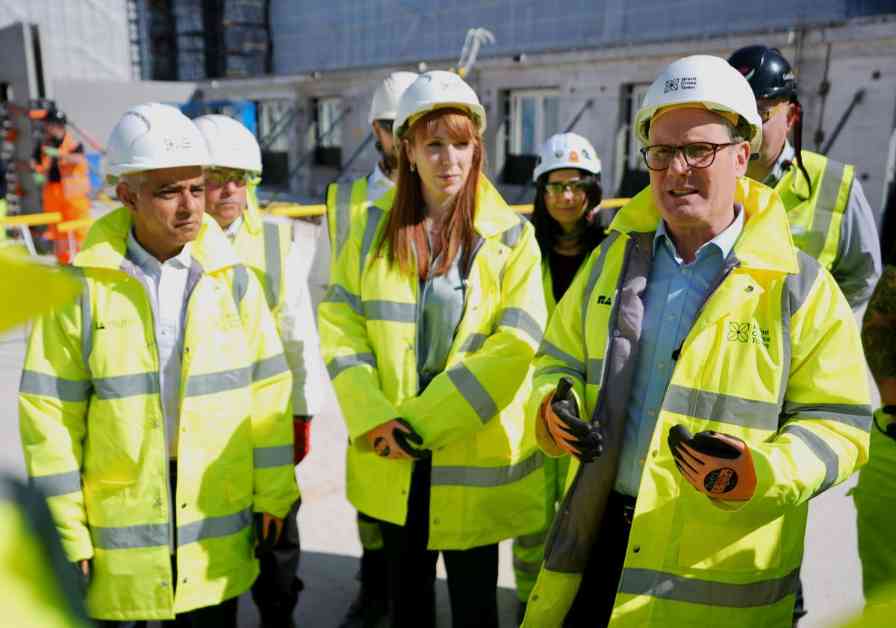London is facing significant challenges in housebuilding, with Mayor Sadiq Khan stating that the current environment is the toughest since the 2008 global banking crash. High interest rates, a rise in construction materials costs, and the lasting impact of Brexit have all contributed to the struggles faced by the housing industry in the city.
One of the major issues highlighted by Mr. Khan is the affordability of housing in London. The average house price in London is now 14 times the typical household income, making it extremely difficult for many residents to afford a home. For example, even a modest three-bedroom house in Tooting could cost upwards of £1 million, making homeownership out of reach for many.
The mayor had been given £4 billion from the previous government and was tasked with starting between 23,900 and 27,100 affordable homes by March 2026. However, by March, only 1,777 homes had been started, well below the target. This contrasts starkly with a record 25,658 affordable homes that were started in London in 2022/23.
Mr. Khan has promised to build 40,000 new council homes by 2030, but progress has been slow. By April, a total of 24,031 council homes had been started in London and 8,862 completed. The mayor has also toughened the definition of affordable homes during his tenure, aiming to provide truly affordable housing options for residents.
The challenges faced by the housing industry in London are significant and multifaceted. According to the assembly’s housing monitor, the city needs almost 43,000 affordable homes a year until 2041 to meet demand. The right to buy scheme has also had an impact, with over 13,000 homes sold in London under the scheme since Mr. Khan became mayor.
Despite these challenges, there have been some positive developments. Last month, London received an additional £100 million for affordable homes in the budget. Additionally, Mr. Khan was able to meet a previous government target of starting 116,000 affordable homes between 2016-23, although completion rates have been slower.
Overall, the housing crisis in London is complex and requires innovative solutions to address the growing demand for affordable homes. Housing associations, like the G15 group of housing associations, play a crucial role in providing affordable housing in the city. However, they are facing unprecedented cost pressures that are hindering new supply. A long-term plan and innovative funding solutions from the government are needed to ensure that the housing industry in London can meet the needs of its residents.

